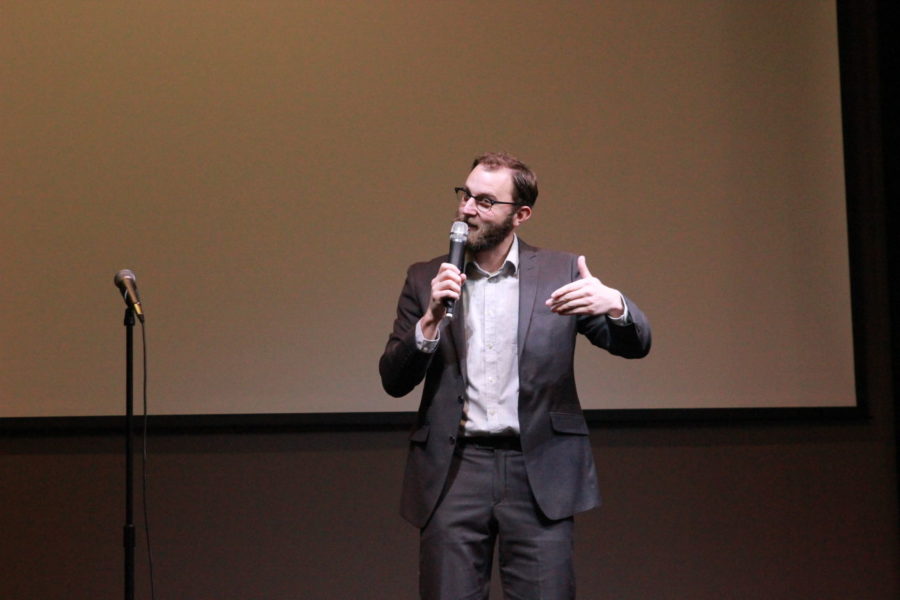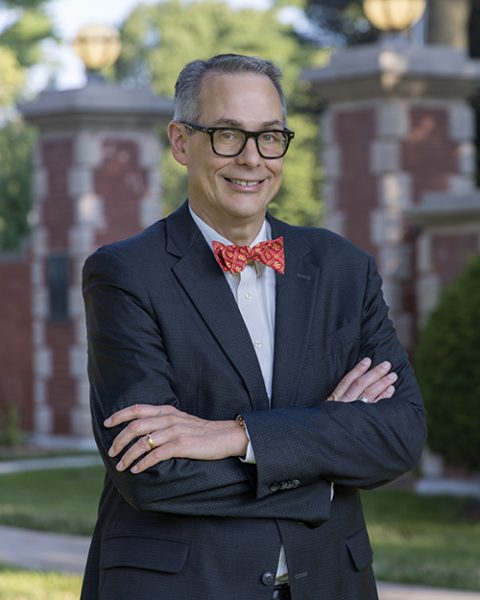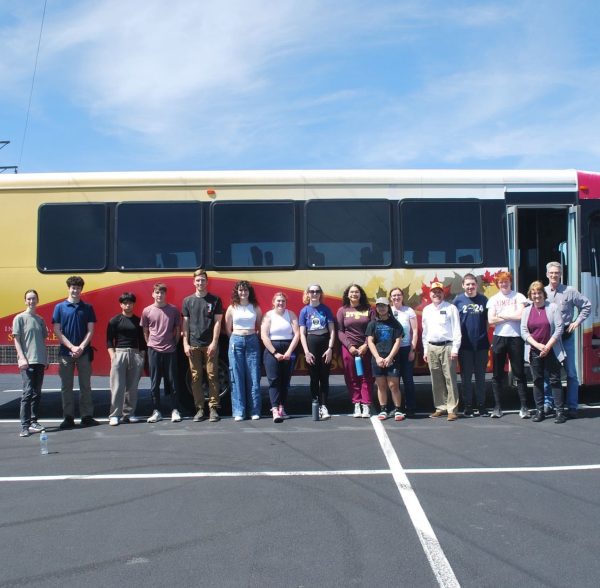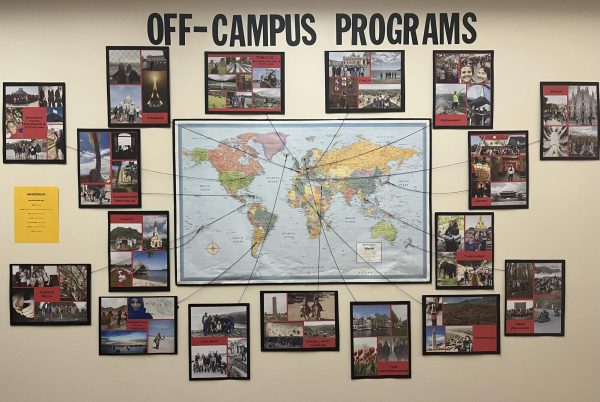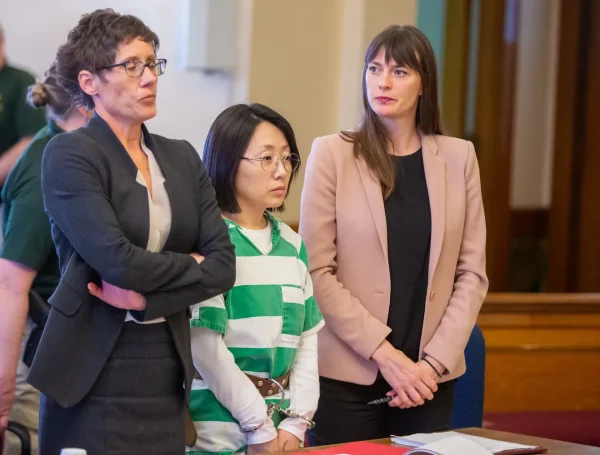Simpson hosts first ‘mockus’ weeks before Iowa caucuses
January 20, 2016
The Iowa caucuses are just around the corner, and with this year’s presidential elections already boiling, they are more important than ever.
Simpson College held its own caucus in a mock caucus, or mockus, on Jan. 19.
The first mockus, according to political science professor John Epperson, is due to the addition of the Kent Campus Center and Great Hall, which allows more space to hold events.
Caucuses are small meetings in which registered political party members select delegates to attend the national party convention and nominate a presidential candidate.
People will decide who will go to the national party convention to vote for a presidential candidate and then decide who is the sole runner in both the Democratic and Republican parties.
For Iowa, the caucuses are not just tradition but a source of pride.
After the 1968 Democratic National Convention, the rules for democratic caucuses were reformed, and Iowa was picked to go first. Ever since, the Iowa caucuses are a sign the presidential race is beginning, and it is the first step toward a change in our country.
When an American government class was asked by professor of political science Kedron Bardwell what made the Iowa caucuses so important, students found it difficult to find an answer beyond tradition.
“I think Iowa is an opportunity for the candidates to be seen in a more intimate setting and to be asked questions by average people, which is something you wouldn’t get if you had a larger state that was first,” Bardwell said.
Bardwell also said the caucuses are an opportunity to get to know the candidate and the issues they care about in a more personalized way.
He said knowing a candidate personally — not just from a screen or piece of paper — drastically changes people’s opinion of them, hopefully for the better.
Simpson hoped to re-create the caucuses in a way that makes them as realistic as possible.
After a voter engagement rally, featuring Iowa Nice Guy Scott Siepker in the Principal Black Box Theater, the Democratic and Republican parties split to learn how each party caucuses.
According to a study done conducted by a Simpson political science class in 2015, 28.1 percent of Simpson students identify as a Republican, 32.3 percent of students identify as a Democrat, and 39.7 percent of students identify as an independent. Of those independent students, 27.2 percent lean Republican, 44.3 percent lean Democrat and 28.5 percent don’t lean either way.
The study found this represents much of Iowa, which is known as a “swing state” because of the lack of consistency on voting Republican or Democratic, which is another reason many people consider the Iowa caucuses to be such an important event.
When asked if this event would become another Simpson tradition, Bardwell said he was unsure but was hopeful for a large turnout and a good reaction to the mockus.
The real question is, “What effect will these mockuses have on Simpson students?”
“I’m hoping it just gives people practice so that people will go to the real one. I hope it will give them the experience, so it doesn’t seem so foreign,” Bardwell said.



